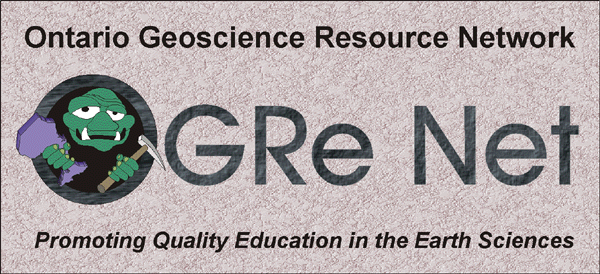


 What are the Earth Sciences?
What are the Earth Sciences?
The Earth Sciences can be simply defined as the study of all aspects of the Earth system, including geology, ecology, oceanography, atmospheric science, and astronomy.
Geology is the study of the Earth's physical makeup and history. We can learn about the Earth's past, present and future by studying rocks, minerals, fossils, mountains, earthquakes, volcanoes, glaciers, water and landforms. Geoscientists decipher clues concealed in such geologic evidence much as a detective looks at clues to solve a mystery. Through this we can find new sources of useful Earth materials and attempt to understand the Earth processes that affect our lives.Where can we find enough water, mineral, and energy resources to support Earth's growing populations? What are the long-term effects we as humans have on the natural environment? How can we accurately predict earthquakes and volcanic eruptions?
There are many subfields within the geosciences. These include:
Geophysics - the study
of the Earth's interior and magnetic,electric, and gravitational fields.
Geochemistry - the nature and distribution of
chemical elements in rocks and minerals.
Petroleum Geology - the exploration and production
of oil and natural gas.
Economic Geology - the exploration and development
of geological materials that have profitable uses.
Hydrology - the movement and quality of surface
water.
Hydrogeology - the abundance, distribution and
quality of ground water.
Engineering Geology - the study of geologic factors
that affect engineering structures such as bridges, buildings, airports,
and dams.
Environmental Geology - the study of problems
involved with pollution, waste disposal, and urban development, and hazards
such as flooding and erosion.
Seismology - the location and force of earthquakes,
and how the behavior of earthquake waves can be used to interpret the structure
of the Earth.
Planetary Geology - the study of the moon and
other planets to understand the evolution of the solar system.
Geochronology - the determination of the age of
certain rocks by calculating the rates of decay of certain radioactive
elements and thus help reconstruct the geologic history of the Earth.
Geomorphology - the effects of Earth processes
and the nature, origin, and development of present landforms and their
relationship to underlying structures.
Glaciology - the physical properties and movement
of glaciers and ice sheets.
Marine Geology - the study of the oceans and continental
shelves.
Mineralogy - the formation, composition, and properties
of minerals.
Paleontology - the study of fossils to understand
past life forms, their changes through time, and the reconstruction of
past environments.
Petrology - the origin and genesis of rocks by
analyzing mineral or grain relationships.
Sedimentology - the study of sedimentary rocks
and the processes of sediment formation, transportation, and deposition.
Stratigraphy - the study of time and space relationships
of layered rocks and their fossil and mineral content.
Structural Geology - the study of deformation,
fracturing, and folding that has occurred in the Earth's crust.
Volcanology - the study of volcanoes and volcanic
phenomena.
... among others.
List modified from "Careers in the Geosciences", a pamphlet produced by the American Geological Institute, American Association of Petroleum Geologists, and the Geological Society of America.


